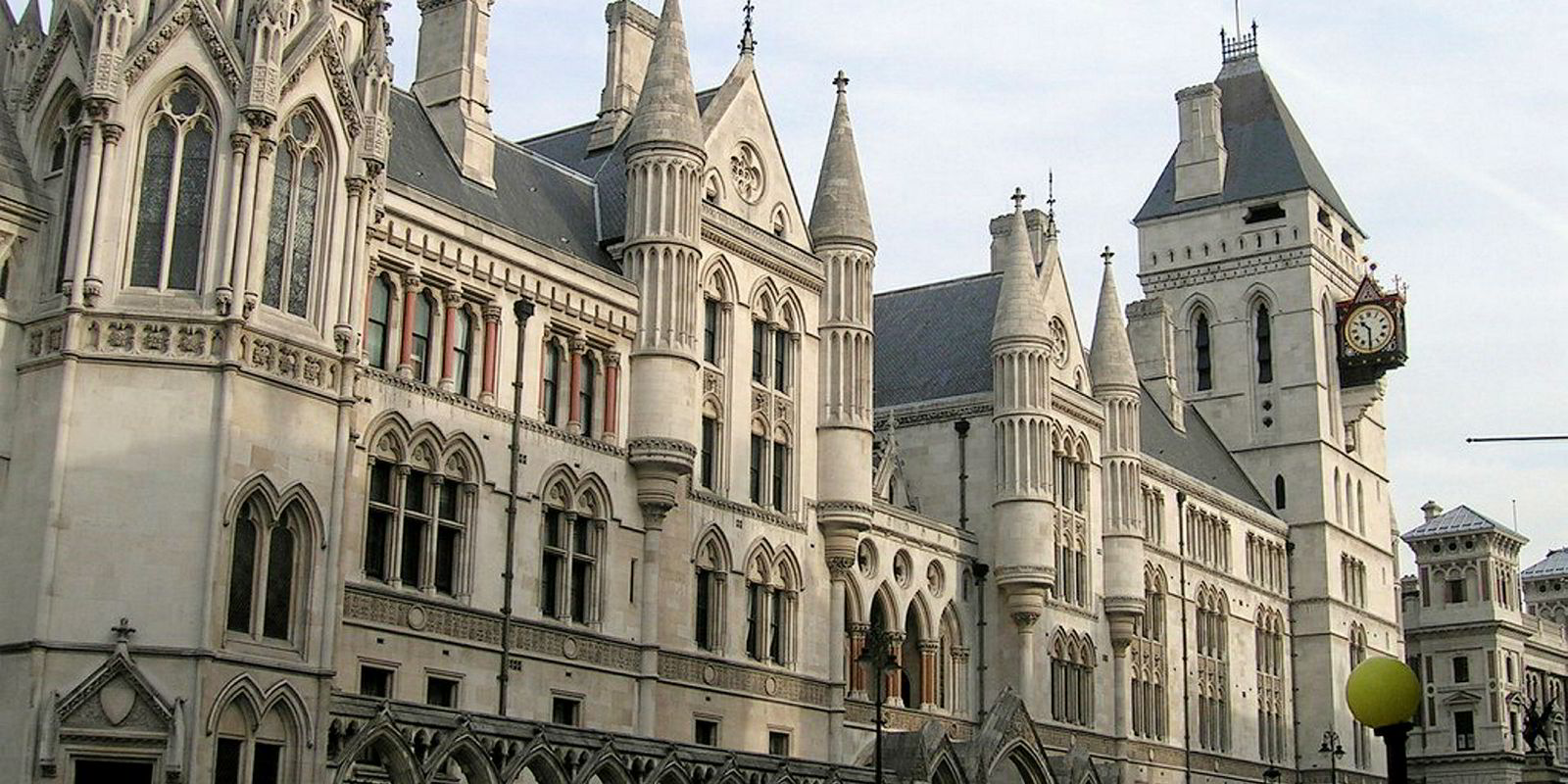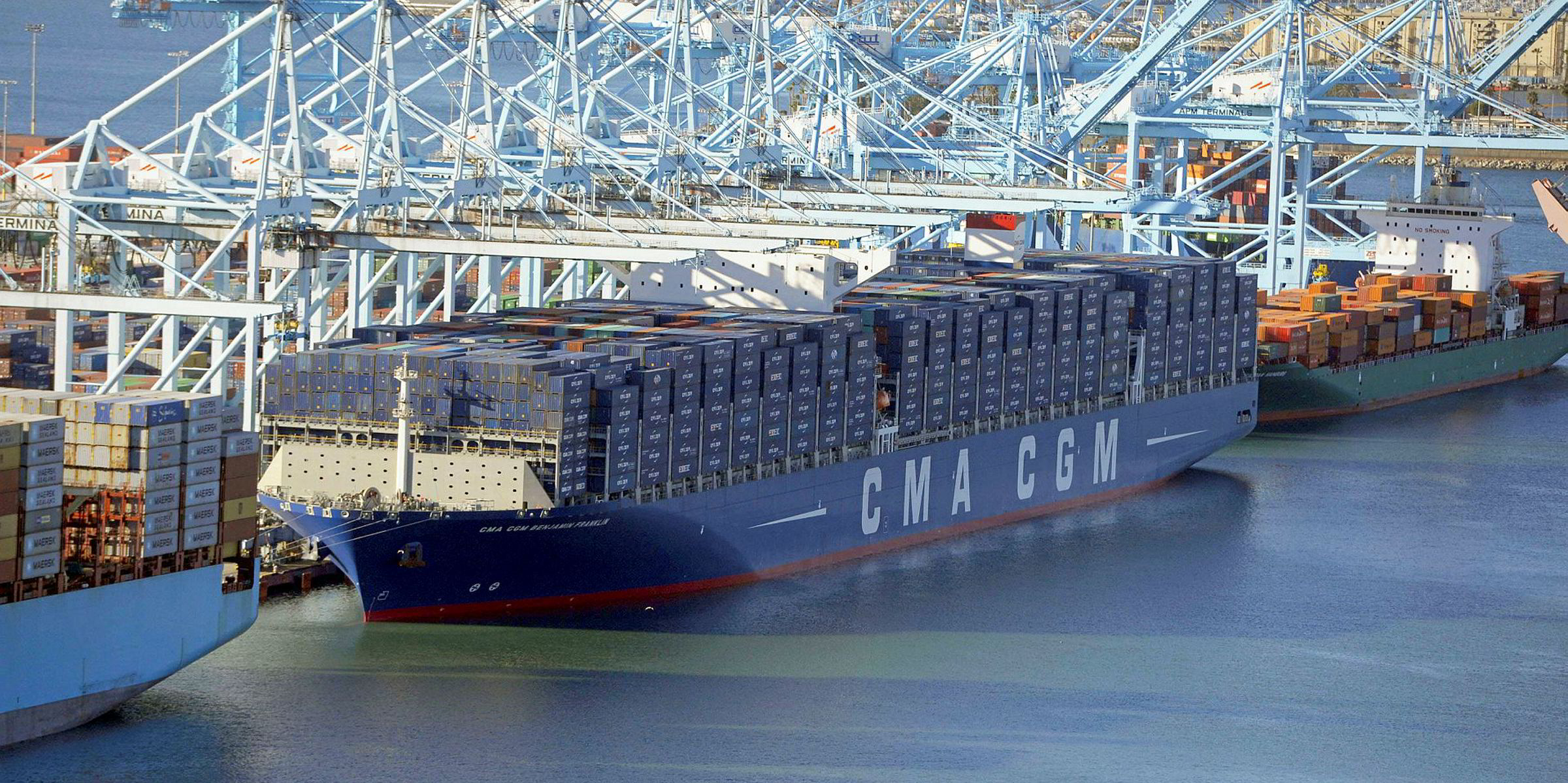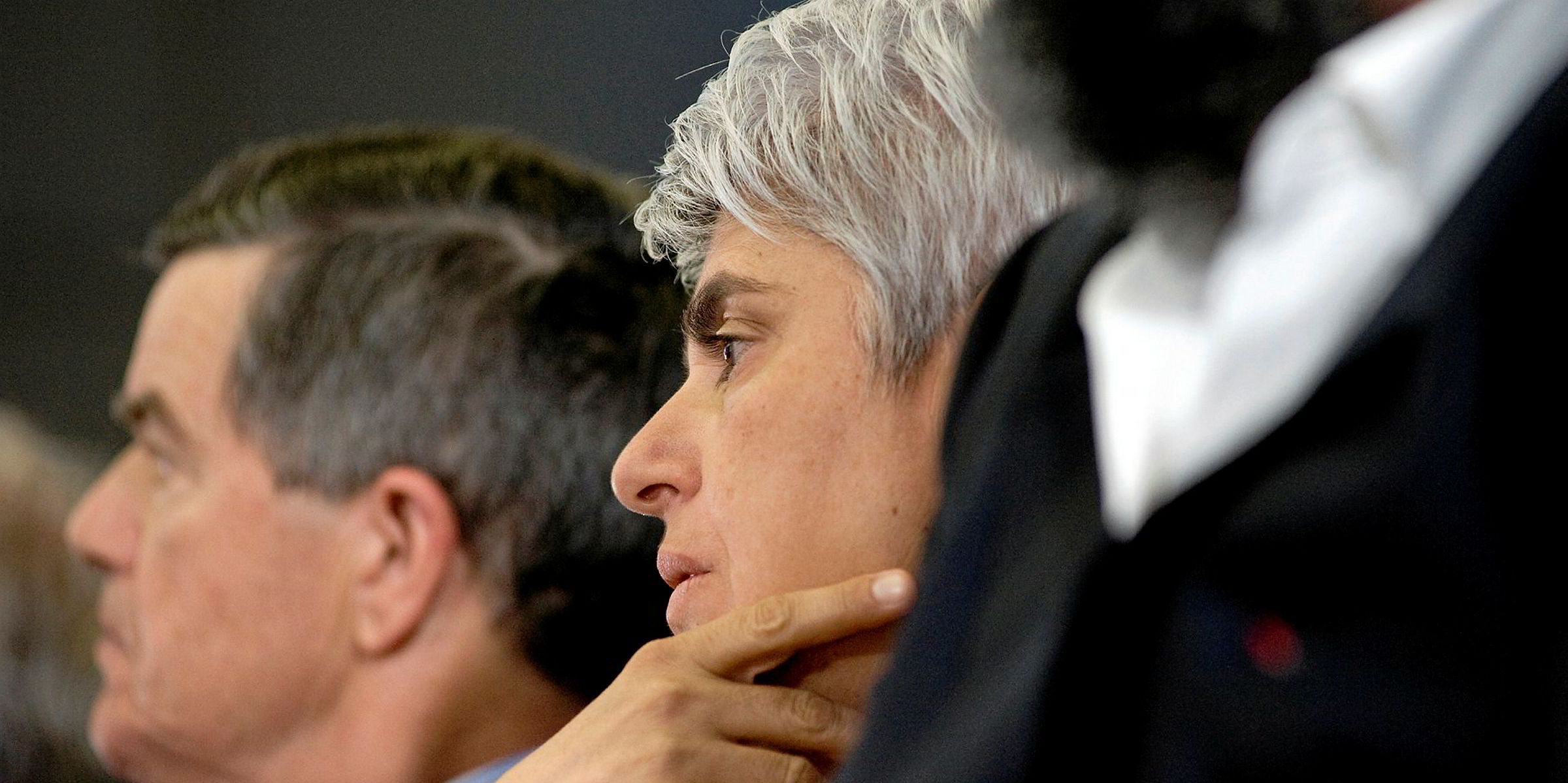Cargo owner Glencore has failed in a $3.8m appeal relating to damage caused to an aframax tanker by a fire that was deliberately started by a crew member.
The UK court of appeal upheld last year's commercial court judgement that a shipowner is protected by the "fire defence" under the Hague rules even when a fire is caused by a deliberate act by a seafarer.
This is a definitive ruling exempting an owner from liability as long as that owner was not at fault or had no knowledge of the action, according to Quadrant Chambers, which represented Glencore.
The bid to recover costs by the trader related to a voyage on Freeport Holdings' 115,000-dwt aframax Lady M (built 2003), which was carrying its 62,250-tonne fuel oil cargo from Russia to Houston in May, 2015.
Glencore incurred liability to the vessel's salvors, as well as further costs defending arbitration proceedings, of $3.8m in total.
The owner denied liability and launched a counterclaim for a general average contribution of $560,000.
Crewman stressed or mentally ill
The agreed facts arising from a high court hearing in 2017 were that the blaze broke out inside the main electrical switchboard off Las Palmas and that this was started deliberately by a member of the crew with the intent to cause damage.
Two hours later, the chief engineer is said to have inspected the switchboard and immediately concluded that it could not be repaired and that the vessel, managed by Atlas Maritime of Athens, was immobilised.
Salvors towed it to Las Palmas, and the owner declared general average.
The 2018 judgement then lists "assumed facts" from 2017, the key one of which is that the perpetrator was the chief engineer and that he acted alone.
It added: "At the time of starting the fire deliberately and with intent to cause damage he was either under extreme emotional stress and/or anxiety due to the illness of his mother; suffering from an unknown and undiagnosed personality disorder and/or mental illness; or another unspecified reason."
Judge criticised
The appeal court also held that Justice Andrew Popplewell should not have determined whether the assumed insanity of the chief engineer would prevent his conduct constituting barratry, because insanity had not been pleaded by the shipowners.
The ruling said: "The judge was wrong to allow the owners to raise the issue of insanity in the way they did.
"There was no factual basis upon which he could consider the question. By inviting him to address the issue of insanity, the owners were acting as if they were conducting a tutorial group, asking, ‘Would your answer be different if the barrator were insane?’ and then, ‘by what standards would you judge the issue of insanity?’
"This case provides a good illustration of the importance of closely defining the ambit of preliminary issues before the trial of those issues, and not adding further hypotheses during the course of them."
Glencore said the conduct of the chief engineer constituted barratry and this was upheld on appeal.
But the appeal court ruled: "The issue of whether the conduct of the chief engineer in starting the fire constituted barratry is not determinative of whether the owners are exempt from liability for the fire under article IV.2(b), because it was agreed that the fire was caused deliberately by him with intent to cause damage."






